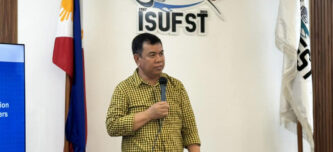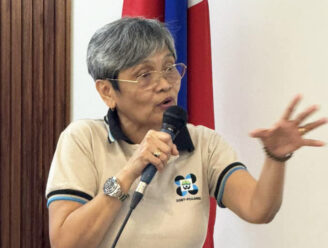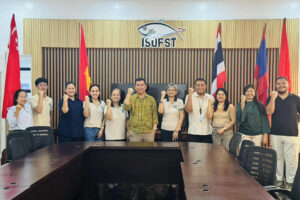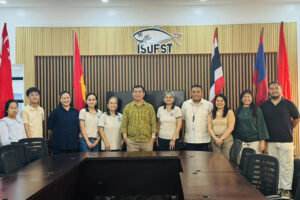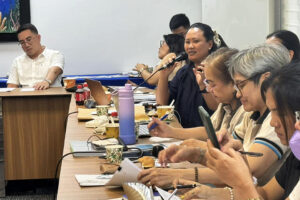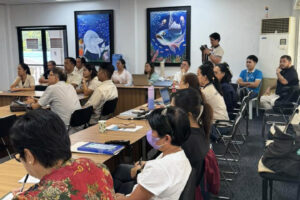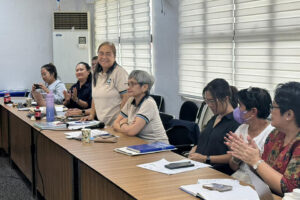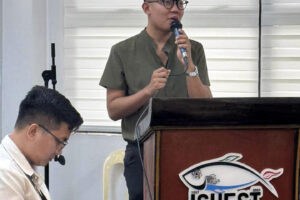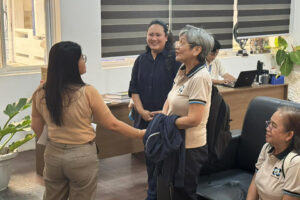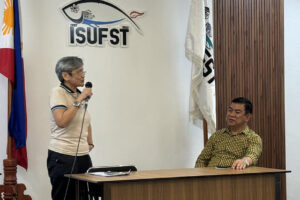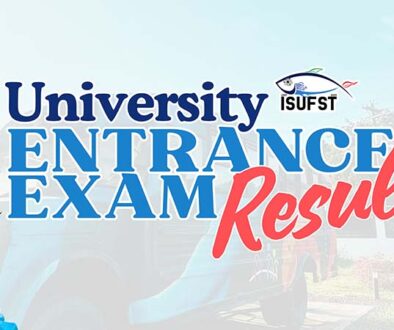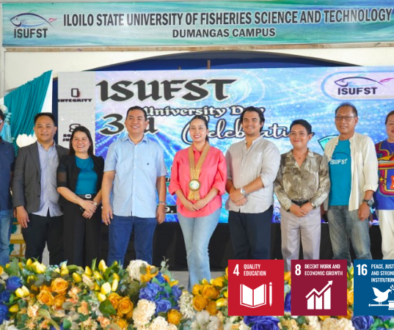
The Iloilo State University of Fisheries Science and Technology (ISUFST) hosted the inception meeting for its pioneering research project titled “Population Genetics and Molecular Characterization of Pearl and Other Commercially Important Oysters Using Multigene DNA Analysis” this Monday, September 9, 2024, at the Conference Room of the ISUFST Main Campus-Tiwi Site, Barotac Nuevo, Iloilo. The project, funded by the Department of Science and Technology’s Philippine Council for Agriculture, Aquatic, and Natural Resources Research and Development (DOST-PCAARRD), is a Php5-million, two-year initiative aimed at enhancing the understanding of commercially valuable oyster species and contributing to the sustainability of the blue economy.

